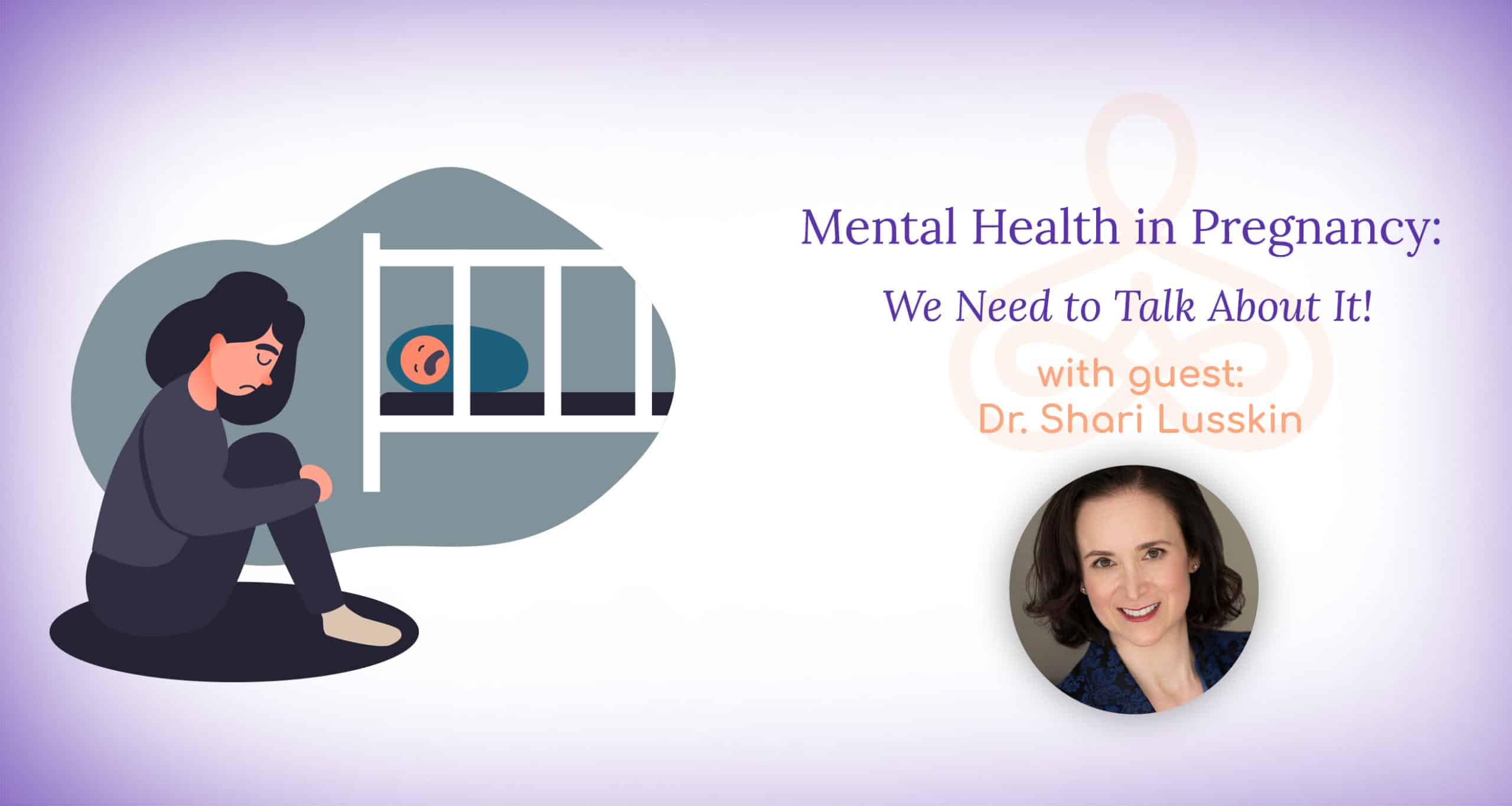Why We Need to Talk About Mental Health During Pregnancy
The History of Mental Health and Pregnancy
It’s only very recently that the medical field has begun to learn more about the best ways to provide psychiatric care to pregnant women. That’s because historically, there was very little understanding of how medications can help pregnant women without putting their pregnancy at risk. “Nobody wanted to medicate them,” Dr. Lusskin says. “They suffered through pregnancy terribly. One of my very first patients as a medical student on psychiatry was a pregnant woman with schizophrenia who was completely delusional throughout the whole pregnancy. It was really awful.” Dr. Lusskin also went on to work with a group of psychiatrists who specialize in the use of mental health treatments like psychotherapy along with medications for pregnant women.
Improving Our Understanding of Medications and Pregnancy
Although the field of psychiatry relies heavily on the use of medication paired with various therapies to improve mental health, there’s been little understanding of how medications can be effectively used during pregnancy to prevent deteriorating mental health in mothers later on. Dr. Fox explains “…in the past, people would just tell them, “Well, go off your meds, because they’re gonna harm the baby…and that was the prevailing thoughts, and then it was just a disaster for them.” That’s because, Dr. Lusskin says, “That was a recommendation based on very limited evidence.”
What Can Be Done About Mental Health During Pregnancy?
Part of our misunderstanding about medications during pregnancy stems from the limited data we have on the effects medications can have on the fetus. Making accurate observations about medication use during pregnancy would require large, clinical testing. Dr. Lusskin says, “to be able to really assess the safety of drugs, you need a very, very big clinical trial. We didn’t have that.” Additionally, Dr. Lusskin says, “…you wouldn’t say that about someone who has diabetes, like, because you’re pregnant, you don’t take your insulin anymore. It doesn’t work like that, but for mental health, and some of it is just our culture, our society, some of it’s medical training.”
That means part of the solution is changing the conversation around mental health during pregnancy – or even talking about it in the first place. Dr. Lusskin says, “I think one way to get around that problem is to change the terminology from mental illness to neurobiological disorder, which really makes the point that this is a brain-based condition. And it has nothing to do with your moral fiber, or your inherent resilience, or character, or your strength as a person.”
Schedule an Appointment
At Carnegie Imaging for Women, we’re here to support you at every stage of your journey. To meet with our award-winning team, contact our New York City offices by calling or filling out our online form.
To learn more, check out our latest episode of Healthful Women, “Mental Health in Pregnancy: We Need to Talk About It!” – with Dr. Shari Lusskin
Carnegie Imaging for Women blogs are intended for educational purposes only and do not replace certified professional care. Medical conditions vary and change frequently. Please ask your doctor any questions you may have regarding your condition to receive a proper diagnosis or risk analysis. Thank you!











 Contact Us
Contact Us







 Contact Us
Contact Us Carnegie South
Carnegie South


